Artificial intelligence (AI) is rapidly transforming the employment landscape in many industries. While this technology offers countless opportunities, it also poses significant challenges, especially in sectors where automatable tasks are at the heart of the job. This article explores the jobs most affected by artificial intelligence, analyzing how industries are changing and what this means for workers.
Automation in the Manufacturing Sector
The manufacturing sector has historically been vulnerable to automation, and the advent of AI has accelerated this process. Intelligent machines and industrial robots can perform tasks such as assembly, packaging and quality control with greater accuracy and efficiency than humans.
Among the jobs most affected by artificial intelligence in this area are assembly line operators and product inspection technicians. While AI eliminates certain jobs, it is also creating demand for professionals in robot maintenance and automated systems programming.
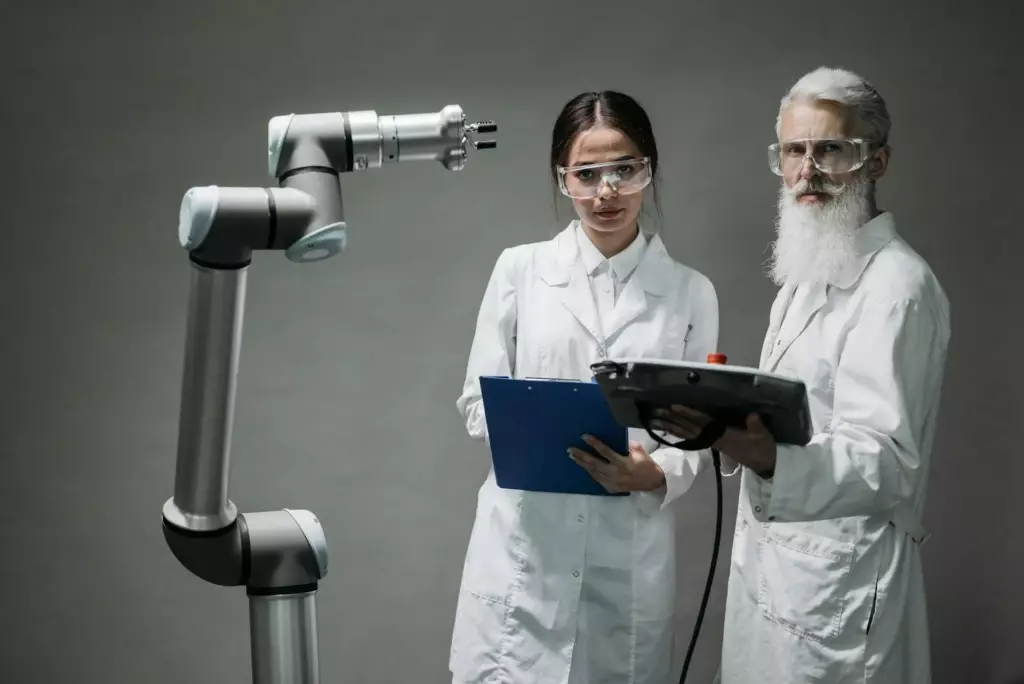
Impact on Transportation and Logistics
The advent of autonomous vehicles is one of the most disruptive AI-driven developments. Everything from trucks to autonomous cabs are beginning to replace human drivers on certain routes, directly affecting freight drivers and services such as Uber.
However, this shift also creates new opportunities in transportation systems management and related technology development. Despite this, this sector remains one of the jobs most affected by artificial intelligence, particularly in regions where transportation is a key source of employment.
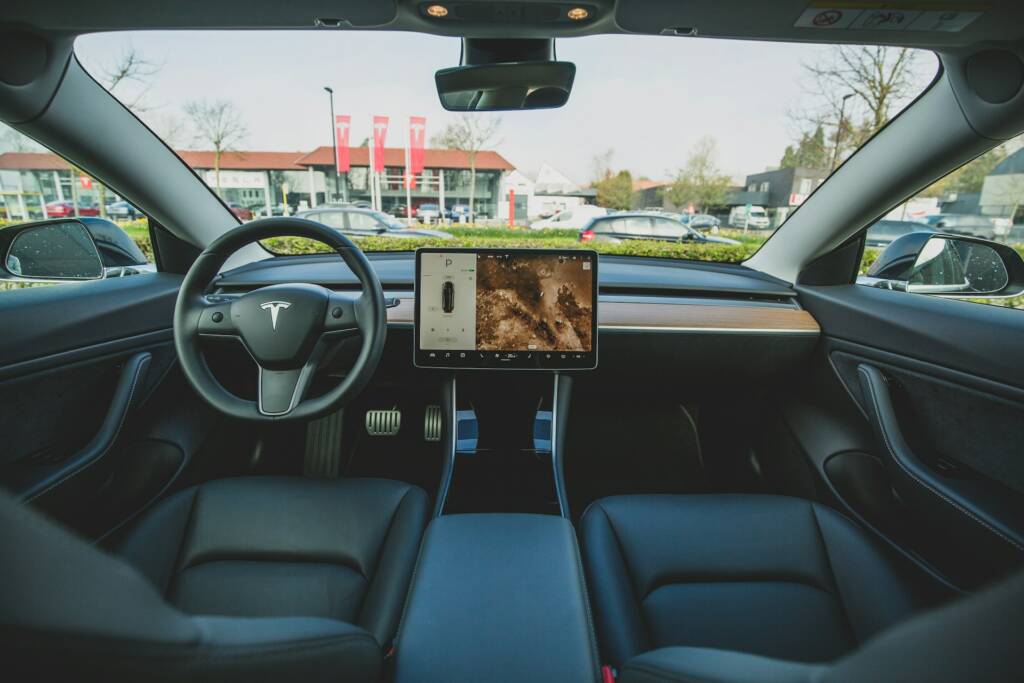
The AI Revolution in Financial Services
In the world of finance, AI is transforming the way transactions are processed and investment decisions are made. Tasks previously performed by financial analysts, such as risk assessment or market monitoring, are now handled by advanced algorithms.
Bank tellers and customer service agents are also among the jobs most affected by artificial intelligence, as chatbots and mobile apps reduce the need for human interaction. However, this evolution opens doors to roles related to financial data analysis and ethical oversight of AI in the industry.
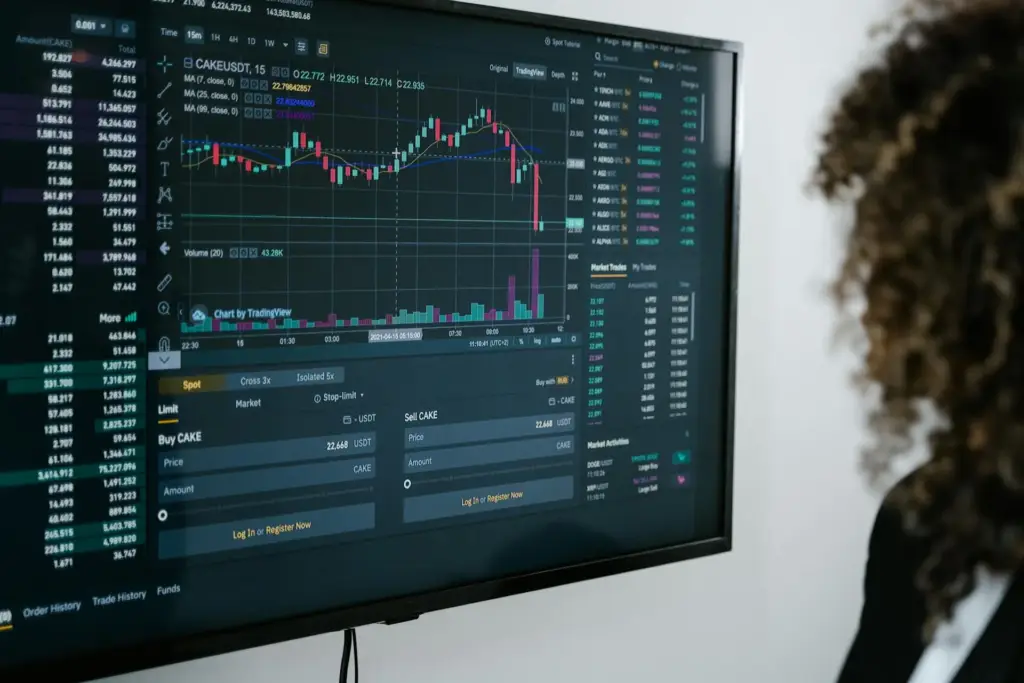
Changes in the Retail Industry
Retail is another industry facing radical transformations. Cashiers, stockers and customer service workers are seeing automation, such as self-checkouts and AI-based inventory systems, reduce the need for human labor.
This sector illustrates how the jobs most affected by artificial intelligence are those based on repetitive tasks. At the same time, demand is growing for logistics specialists and data analysts to optimize e-commerce operations.
Journalism and Content Creation
AI is also making waves in creative industries such as journalism and content writing. Tools like ChatGPT and other language models are capable of generating reports and advertising content in minutes.
This makes copywriters, journalists and editors some of the jobs most affected by artificial intelligence. However, human creativity remains crucial in areas such as content strategy and unique storytelling, where AI cannot yet compete.
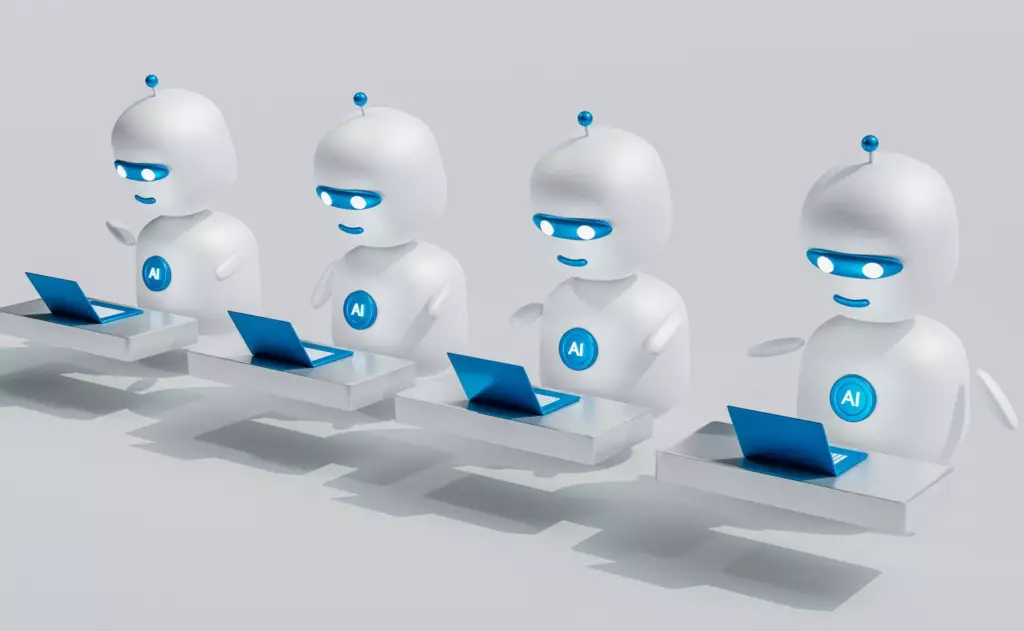
Customer Support Transformation
Customer service centers are undergoing a massive migration to AI-powered systems. Chatbots, virtual assistants and automated response systems can handle common queries, reducing the need for human operators.
Among the jobs most affected by artificial intelligence in this area are call center agents. However, roles related to AI systems management and complex problem solving are still needed.
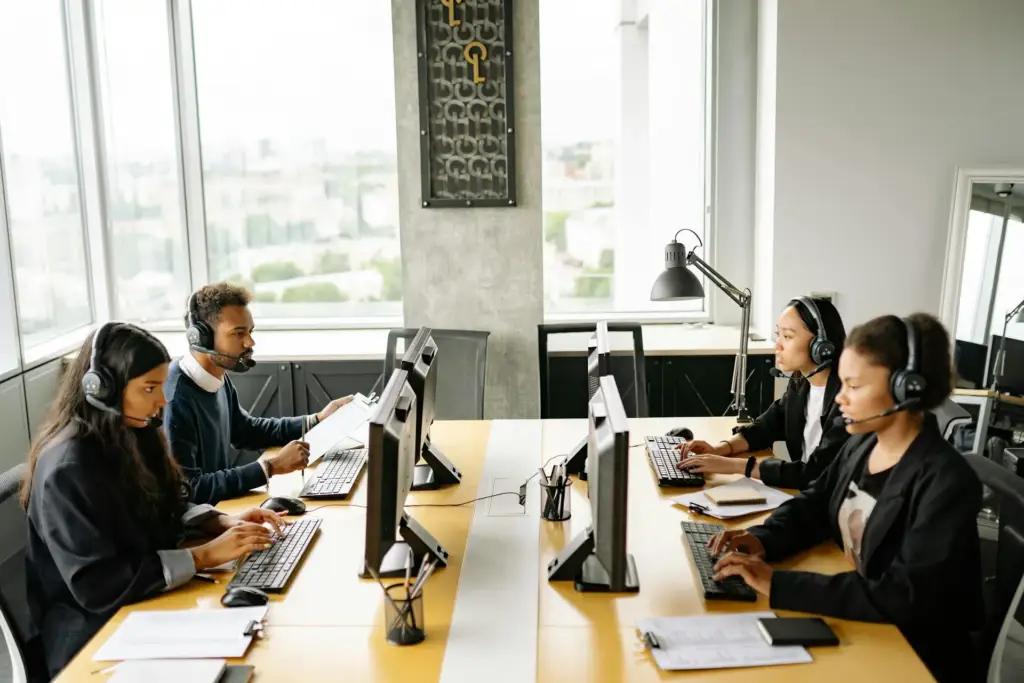
Education and Training
Although education seems like an industry resistant to automation, certain areas are being transformed by AI. Personalized learning platforms and virtual tutoring systems are replacing some roles of teachers and trainers in specific courses.
In this case, the jobs most affected by AI include instructors in areas where teaching is highly standardized. However, AI is creating new opportunities for educators in the development of interactive content and oversight of technology platforms.


The Future of Work: Adapt or Fall Behind
While it is undeniable that there are jobs more affected by artificial intelligence, it is also important to note that this technology is creating new opportunities. The key for workers is to adapt, learn new skills and focus on areas where human intervention remains irreplaceable.
Developing digital skills, creativity and the ability to work alongside advanced technologies will be essential to thrive in this new employment landscape.
Change is already here
Artificial intelligence is redefining the labor market, eliminating certain jobs while creating others. Recognizing the jobs most affected by artificial intelligence is an important step in understanding how we can prepare for the future.
Whether through education, training or innovation, humanity has the potential to thrive in this new technological era. Adapting will be key to making the most of the opportunities that AI can offer.

